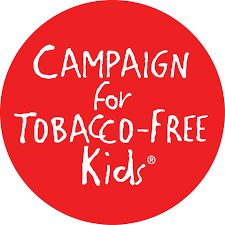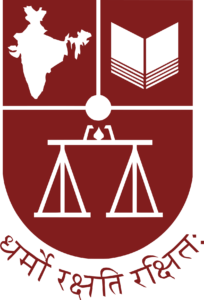by Suman Gupta
-
Promotional activities of these products seen on Instagram, Whatsapp,Facebook, TikTok, Twitter
-
E-cigarettes/HTP/ENDS products are available via paan shops & online retailers despite being banned

 India, 2nd March 2022: Youth across the country are reporting limited use of electronic nicotine delivery systems (ENDS) and heated tobacco products (HTN) since their ban in 2019 in India. But they have noticed promotional activities for these products on Instagram, Whatsapp, Facebook, TikTok and Twitter.
India, 2nd March 2022: Youth across the country are reporting limited use of electronic nicotine delivery systems (ENDS) and heated tobacco products (HTN) since their ban in 2019 in India. But they have noticed promotional activities for these products on Instagram, Whatsapp, Facebook, TikTok and Twitter. Commenting on the use of accessibility and marketing exposure for ENDS products, Ms. Vandana Shah, Regional Director, South Asia Program, CTFK said, “Countries around the world have been looking to India’s comprehensive ban on e-cigarettes/HTPs as a regulatory model but have expressed some skepticism about effectiveness. The results of this national survey are very encouraging with over 90% of youth reporting that they have never used these novel products. But continued vigilance is needed to safeguard youth from increased marketing through social media channels.”
Commenting on the use of accessibility and marketing exposure for ENDS products, Ms. Vandana Shah, Regional Director, South Asia Program, CTFK said, “Countries around the world have been looking to India’s comprehensive ban on e-cigarettes/HTPs as a regulatory model but have expressed some skepticism about effectiveness. The results of this national survey are very encouraging with over 90% of youth reporting that they have never used these novel products. But continued vigilance is needed to safeguard youth from increased marketing through social media channels.”